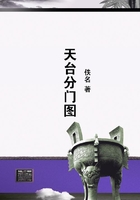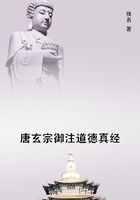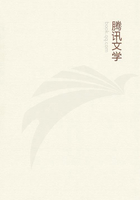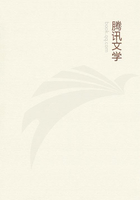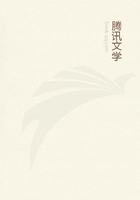It appears from the tables that these countries were increasing rather fast for old states, notwithstanding the occasional seasons that prevailed. Cultivation must have been improving, and marriages, consequently, encouraged. For the checks to population appear to have been rather of the positive, than of the preventive kind. When from a prospect of increasing plenty in any country, the weight that represses population is in some degree removed, it is highly probable that the motion will be continued beyond the operation of the cause that first impelled it. Or, to be more particular, when the increasing produce of a country, and the increasing demand for labour, so far ameliorate the condition of the labourer as greatly to encourage marriage, it is probable that the custom of early marriages will continue till the population of the country has gone beyond the increased produce, and sickly seasons appear to be the natural and necessary consequence. I should expect, therefore, that those countries where subsistence was increasing sufficienCy at times to encourage population but not to answer all its demands, would be more subject to periodical epidemics than those where the population could more completely accommodate itself to the average produce.
An observation the converse of this will probably also be found true. In those countries that are subject to periodical sicknesses, the increase of population, or the excess of births above the burials, will be greater in the intervals of these periods than is usual, caeteris paribus, in the countries not so much subject to such disorders. If Turkey and Egypt have been nearly stationary in their average population for the last century, in the intervals of their periodical plagues, the births must have exceeded the burials in a greater proportion than in such countries as France and England.
The average proportion of births to burials in any country for a period of five to ten years, will hence appear to be a very inadequate criterion by which to judge of its real progress in population. This proportion certainly shews the rate of increase during those five or ten years; but we can by no means thence infer what had been the increase for the twenty years before, or what would be the increase for the twenty years after. Dr Price observes that Sweden, Norway, Russia, and the kingdom of Naples, are increasing fast; but the extracts from registers that he has given are not for periods of sufficient extent to establish the fact. It is highly probable, however, that Sweden, Norway, and Russia, are really increasing their population, though not at the rate that the proportion of births to burials for the short periods that Dr Price takes would seem to shew. (See Dr Price's Observations, Vol. ii, postscript to the controversy on the population of England and Wales.) For five years, ending in 1777, the proportion of births to burials in the kingdom of Naples was 144 to 1OO, but there is reason to suppose that this proportion would indicate an increase much greater than would be really found to have taken place in that kingdom during a period of a hundred years.
Dr Short compared the registers of many villages and market towns in England for two periods; the first, from Queen Elizabeth to the middle of the last century, and the second, from different years at the end of the last century to the middle of the present. And from a comparison of these extracts, it appears that in the former period the births exceeded the burials in the proportion of 124 to 100, but in the latter, only in the proportion of 111 to 100. Dr Price thinks that the registers in the former period are not to be depended upon, but, probably, in this instance they do not give incorrect proportions. At least there are many reasons for expecting to find a greater excess of births above the burials in the former period than in the latter.
In the natural progress of the population of any country, more good land will, caeteris paribus, be taken into cultivation in the earlier stages of it than in the later. (I say 'caeteris paribus', because the increase of the produce of any country will always very greatly depend on the spirit of industry that prevails, and the way in which it is directed. The knowledge and habits of the people, and other temporary causes, particularly the degree of civil liberty and equality existing at the time, must always have great influence in exciting and directing this spirit.) And a greater proportional yearly increase of produce will almost invariably be followed by a greater proportional increase of population. But, besides this great cause, which would naturally give the excess of births above burials greater at the end of Queen Elizabeth's reign than in the middle of the present century, I cannot help thinking that the occasional ravages of the plague in the former period must have had some tendency to increase this proportion. If an average of ten years had been taken in the intervals of the returns of this dreadful disorder, or if the years of plague had been rejected as accidental, the registers would certainly give the proportion of births to burials too high for the real average increase of the population. For some few years after the great plague in 1666, it is pRobable that there was a more than usual excess of births above burials, particularly if Dr Price's opinion be founded, that England was more populous at the revolution (which happened only twenty-two years afterwards) than it is at present.


